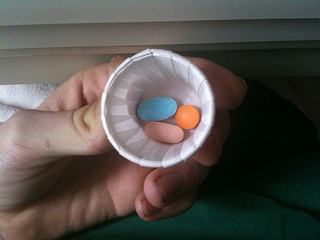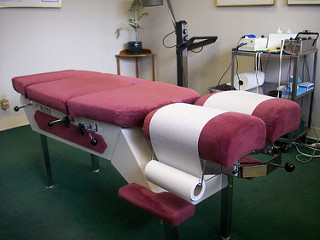It’s something you learn in preschool, but sometimes it seems like a lesson modern medicine has forgotten – Everybody is unique (and that’s a good thing!). Medicine should be tailored to individual patient’s needs; after all, that’s why we go to the doctor individually rather than showing up with thirty others and being handed the same treatment as everyone else. Sometimes, however, companies forget this and often profit seems to be the motivating factor. Using overly generalized profiles to justify unnecessary, costly tests and/or treatments can be a form of health care fraud. The law empowers both patients and conscientious professionals to fight these misdeeds, wrongs that can be both costly and dangerous. As a whistleblowers’ law firm specializing in health care fraud, The Brod Law Firm can help. Together, we can bring an end to unnecessary billing based on general profiles and ensure medicine focuses on the individual.
Lab Company Settles Claims it Billed for Unnecessary, Generalized Services
On October 19, the United States Department of Justice (“DOJ”) issued a press release announcing the settlement of multiple False Claims Act lawsuits against Millennium Health, a company headquartered in California. Millennium agreed to pay $256 million to resolve claims they billed Medicare, Medicaid, and other federal programs for services that were not medically necessary and allegations they provided free items to medical practitioners in exchange for their use of company services. While the settlement resolves the legal claims in several whistleblower suits, Millennium did not admit any wrongdoing.
 Healthcare Fraud Lawyer Blog
Healthcare Fraud Lawyer Blog





 nor the Department of Housing and Urban Development (“HUD”) reviewed program loans, instead relying on First Tennessee to follow program rules and self-report any deficiencies.
nor the Department of Housing and Urban Development (“HUD”) reviewed program loans, instead relying on First Tennessee to follow program rules and self-report any deficiencies.


